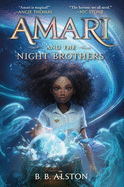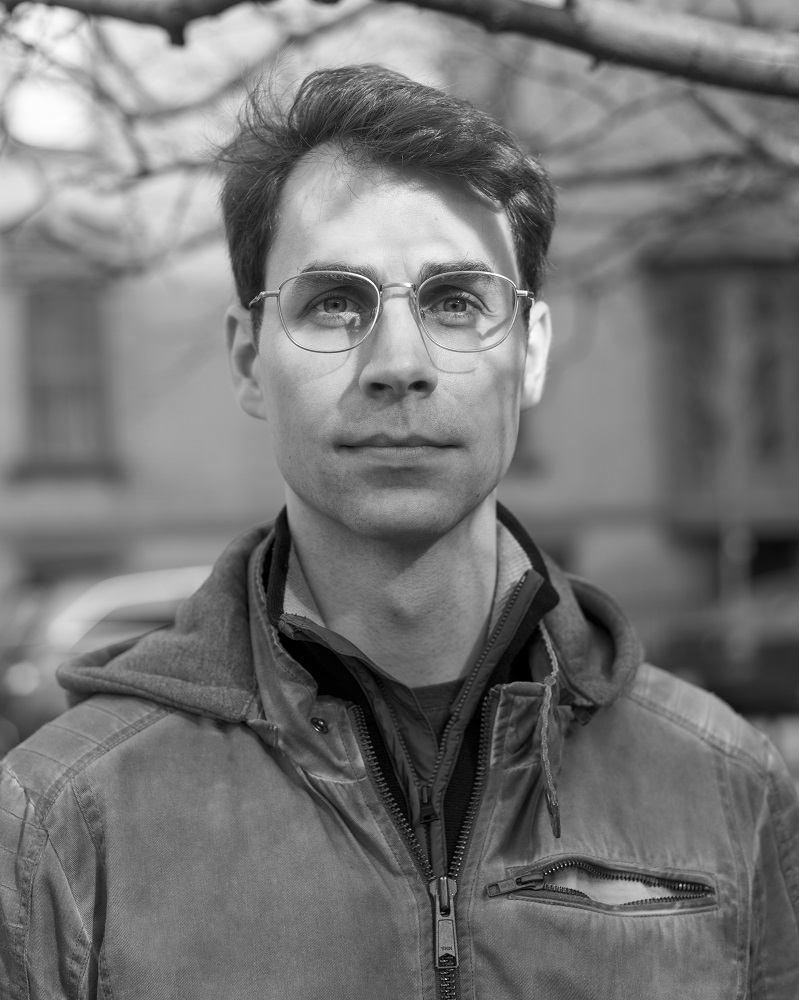 |
| photo: John Michael Kilbane |
Corey Sobel's debut novel, The Redshirt (University Press of Kentucky, October 13), sheds new light on the hypermasculine world of American football. Sobel was born in Colorado and spent his childhood moving around the United States with his family of seven. He attended Duke University on a football scholarship and has since researched HIV/AIDS in North Carolina and Kenya, documented wartime human rights abuses on the border of Burma and Thailand, and served as a researcher for international development organizations around the world.
On your nightstand now:
Essays One by Lydia Davis. I love Davis's fiction, and expected to love her essays, too--what I didn't expect was for virtually every piece in this collection to speak to things I'm thinking about as I work on my new novel (the power of fragments in literature, what we mean when we call a work "experimental," how form and feeling relate). This book has become a kind of totem for me over the last months--I'll carry it around even when I know I don't have time to read.
Favorite book when you were a child:
The Collected Poems by Sylvia Plath. If it's not immediately clear, I was a strange, dark kid. I started writing poetry in fourth grade while my family was living in Massachusetts, and somehow found out about Plath. I had my big brother Conor buy me this book the next time we went to the Natick Mall.
Your top five authors:
José Saramago (favorite novelist), Fernando Pessoa (favorite poet), Henry David Thoreau (favorite essayist), Anne Carson (the author I feel luckiest to be living in the same era as) and Norman Rush (have you read Mortals?).
Book you've faked reading:
Pale Fire by Vladimir Nabokov. I adore the first two sections of the book, and have read them each at least five times. But I always run out of steam in the endnotes section--Nabokov said he treated his characters like galley slaves, but it's here I start to have the feeling that the reader is being treated that way, too. This doesn't stop me from opining on the book every chance I get.
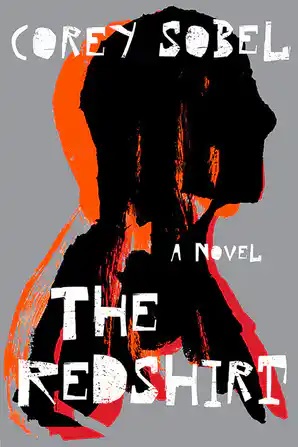 Book you're an evangelist for:
Book you're an evangelist for:
I buttonhole people about two books constantly. The first is Abbott Awaits by Chris Bachelder. Bachelder may be the funniest--and almost certainly the smartest--writer we have when it comes to masculinity, and eventually people are going to realize Abbott Awaits is a modern classic. The Harder They Come by Michael Thelwell is another under-read masterpiece, maybe the best book I've read about music. It doubles as a profound exploration of the legacy of colonialism in Jamaica.
Book you've bought for the cover:
English, August by Upamanyu Chatterjee. I bought this less for the cover design than for the title, which I found intriguing--how many titles have commas in them? Good thing I did, because this is a truly great, thoroughly hilarious first novel about India's byzantine civil service.
Book you hid from your parents:
Sabbath's Theater by Philip Roth. Though my parents were plenty permissive with what I was allowed to read (see Plath), my mom forbade this book. I get why: the transgressive treatment of heterosexual sexuality is as shocking (and thrilling) now as when I snuck it out of a cardboard box in our basement when I was 17.
Book that changed your life:
Ulysses by James Joyce. By high school I had left my poetic self behind to become a fanatical football player. But I still liked to talk about books with my mom--a voracious reader--and in 2000 she mentioned a new Modern Library list that ranked Ulysses as the best novel of the 20th century. Ludicrous as those rankings are, they appealed to how football taught me to see the world, and I was resolved to read this so-called "best book." I devoured Ulysses twice within a couple of months, obsessed by how it was changing the way I viewed language--and myself. It's this book that caused me to want to find a way to get out of football so I could start writing novels.
Favorite line from a book:
"Somebody threw a dead dog after him down the ravine." That's the closing line of Malcolm Lowry's Under the Volcano. I gasped when I read it, and will find myself rereading the book's last pages just so I can re-experience the power of that line.
Five books you'll never part with:
Where the Wild Things Are by Maurice Sendak. My copy is missing its front and back covers, and has my name and the year I was given it (Christmas 1986) written in my mom's handwriting. I tear up every time I see that inscription.
A Free Life by Ha Jin. My family moved constantly when I was a kid, and this is the only book I've read that really gets at how it feels to move to yet another new town, hoping things work out this time.
The Journals of Henry David Thoreau (New York Review of Books edition). This book alters how you experience time passing.
The Professor's House by Willa Cather. Quite possibly my favorite novel--certainly the one I find myself rereading most often.
The Book of Disquiet by Fernando Pessoa (Richard Zenith translation). I turn to this unclassifiable work for comfort in the same way I used to turn to the Bible.
Book you most want to read again for the first time:
All for Nothing by Walter Kempowski. I want to relive that heady rush of first encountering a genuinely original narrative voice.
Author you wish more Americans read:
Horacio Castellanos Moya. A Salvadorian novelist who has written two of the most addictive contemporary novels I've read: Senselessness and The Dream of My Return.
 "So what can we do? Look to the Booksellers Association, and support it in getting resources and information to booksellers. It is a small team working incredibly hard to get ahead of the situation and keep booksellers at the top of the agenda. Adopt a local bookshop (including a chain one), and either visit and buy physically, or virtually. If you are a publisher, author or influencer, consider using Bookshop.org (or an alternative) to push sales towards indies--in the U.S., Simon & Schuster added 'buy' buttons to all its websites leading to the Bookshop.org site, in addition to donating its own affiliate fees to charity. I would go a step further: take down the Amazon links, too. There is one other key message we need to amplify and understand. Bookshops are open (even when the doors are shut). It is on us to make sure they remain so.'
"So what can we do? Look to the Booksellers Association, and support it in getting resources and information to booksellers. It is a small team working incredibly hard to get ahead of the situation and keep booksellers at the top of the agenda. Adopt a local bookshop (including a chain one), and either visit and buy physically, or virtually. If you are a publisher, author or influencer, consider using Bookshop.org (or an alternative) to push sales towards indies--in the U.S., Simon & Schuster added 'buy' buttons to all its websites leading to the Bookshop.org site, in addition to donating its own affiliate fees to charity. I would go a step further: take down the Amazon links, too. There is one other key message we need to amplify and understand. Bookshops are open (even when the doors are shut). It is on us to make sure they remain so.'





IPC.0204.S3.INDIEPRESSMONTHCONTEST.gif)





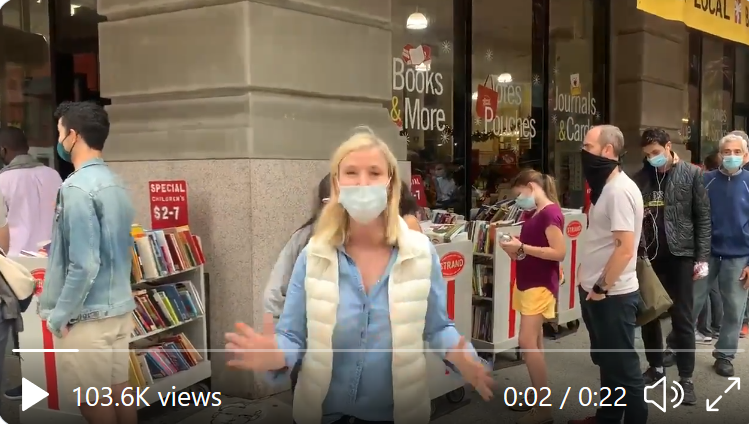

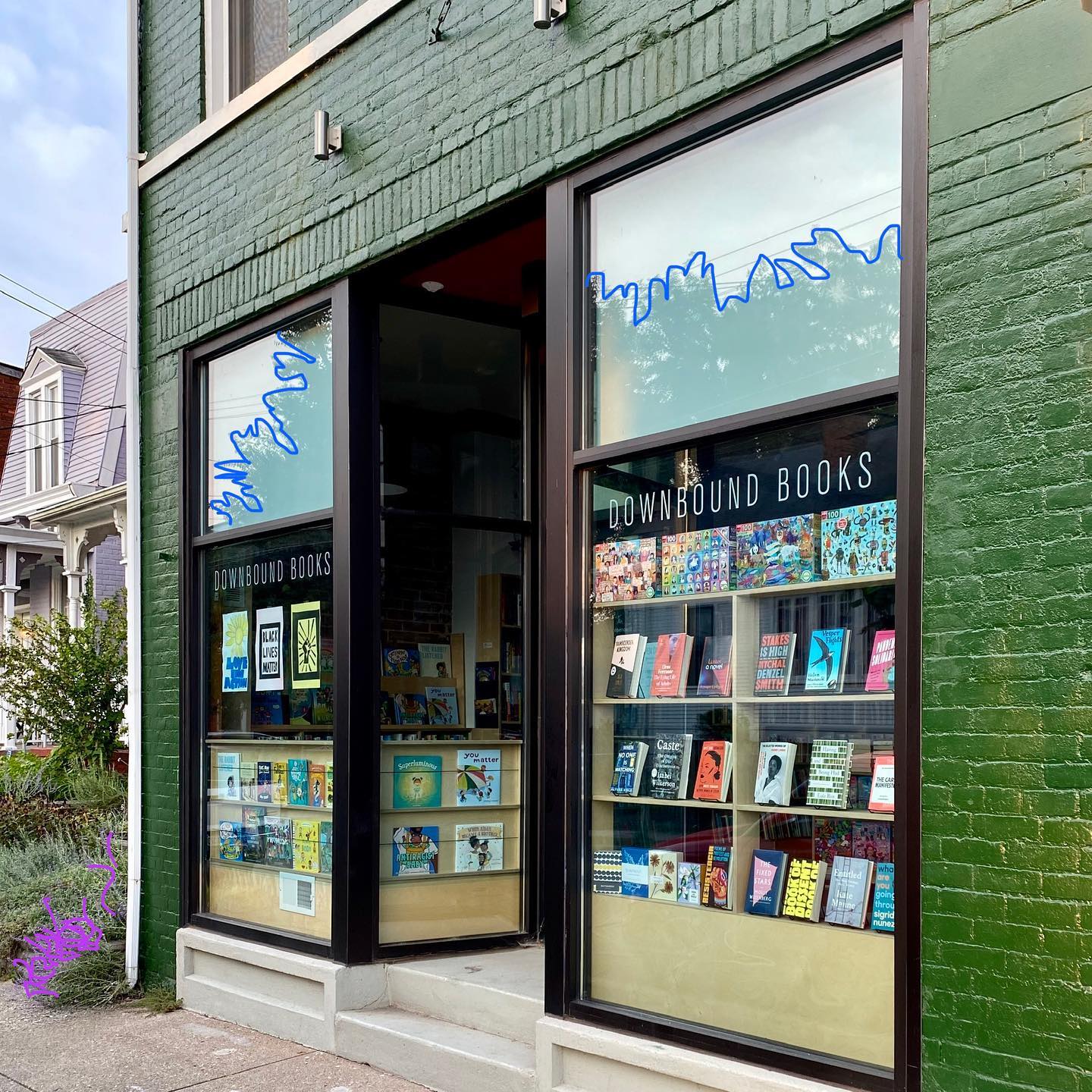 In Cincinnati, Ohio,
In Cincinnati, Ohio, 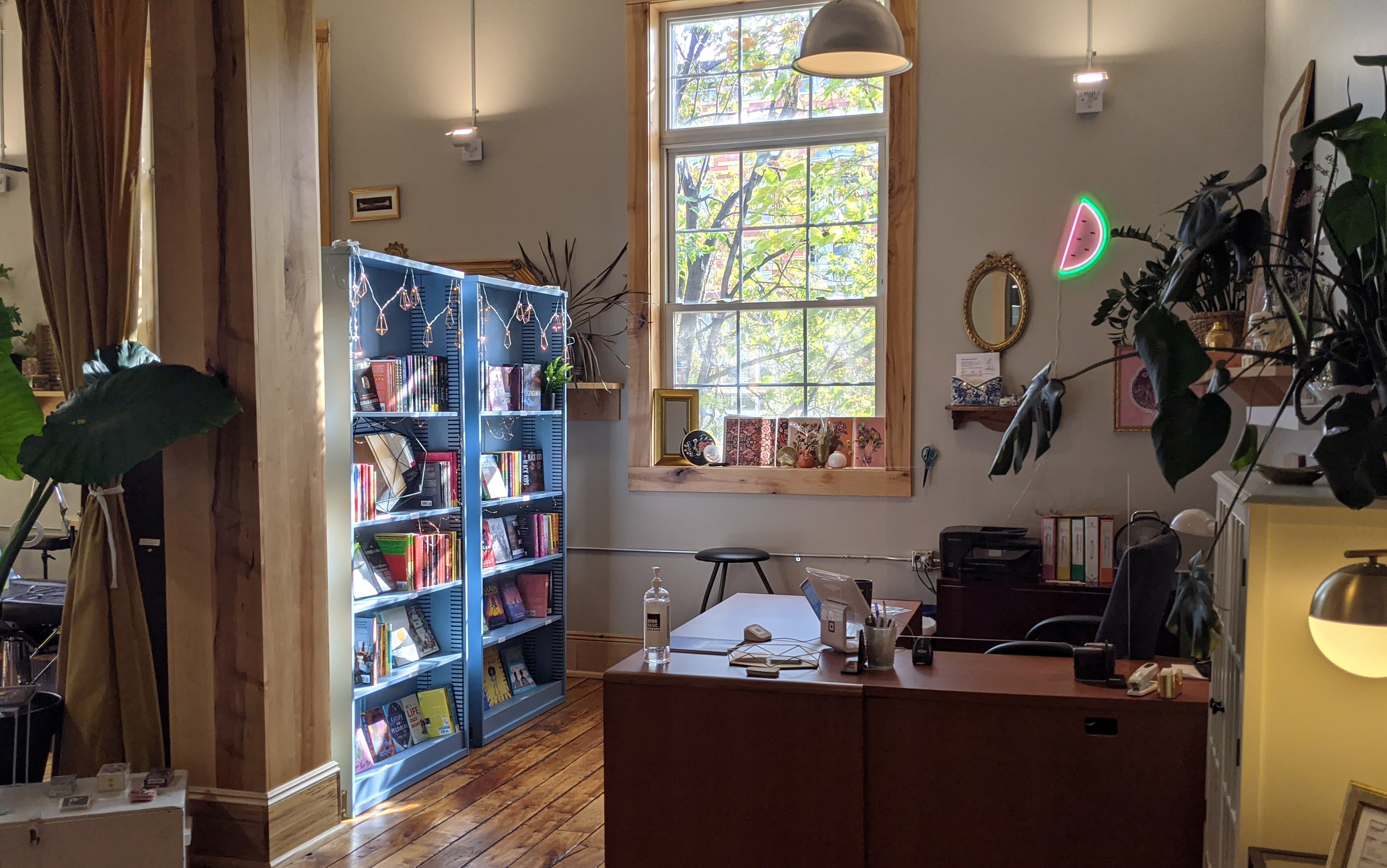 Dionne Sims, owner of
Dionne Sims, owner of 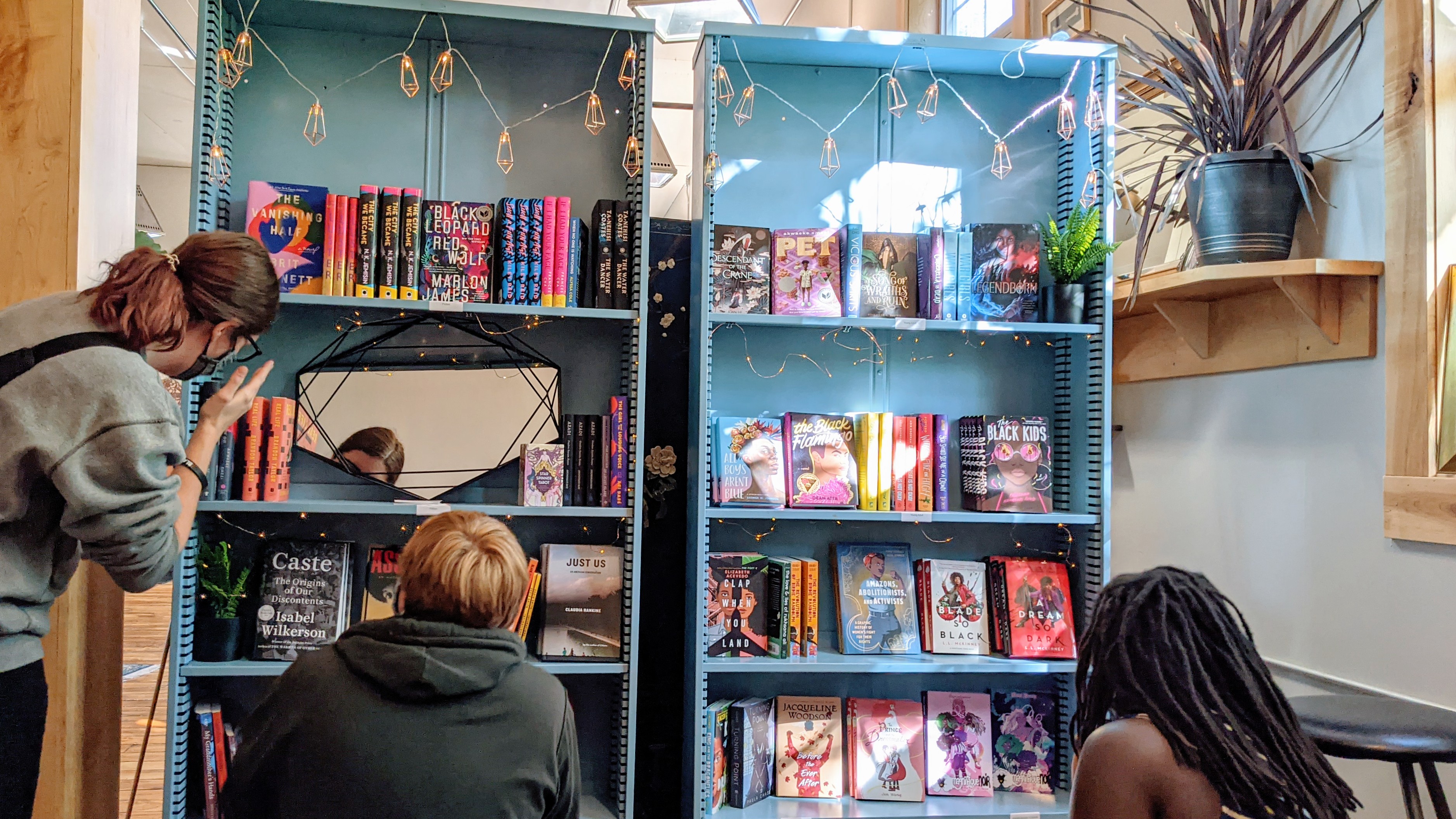 Though she was initially worried about backlash when she instituted appointment shopping, almost everyone who comes in mentions how happy they are that Sims is using an appointment system. And in general the reception to her pop-up has been great. Last weekend was the pop-up's fourth weekend in operation, and about 90% of the appointment slots were booked on both days.
Though she was initially worried about backlash when she instituted appointment shopping, almost everyone who comes in mentions how happy they are that Sims is using an appointment system. And in general the reception to her pop-up has been great. Last weekend was the pop-up's fourth weekend in operation, and about 90% of the appointment slots were booked on both days.IPC.0211.T4.INDIEPRESSMONTH.gif)
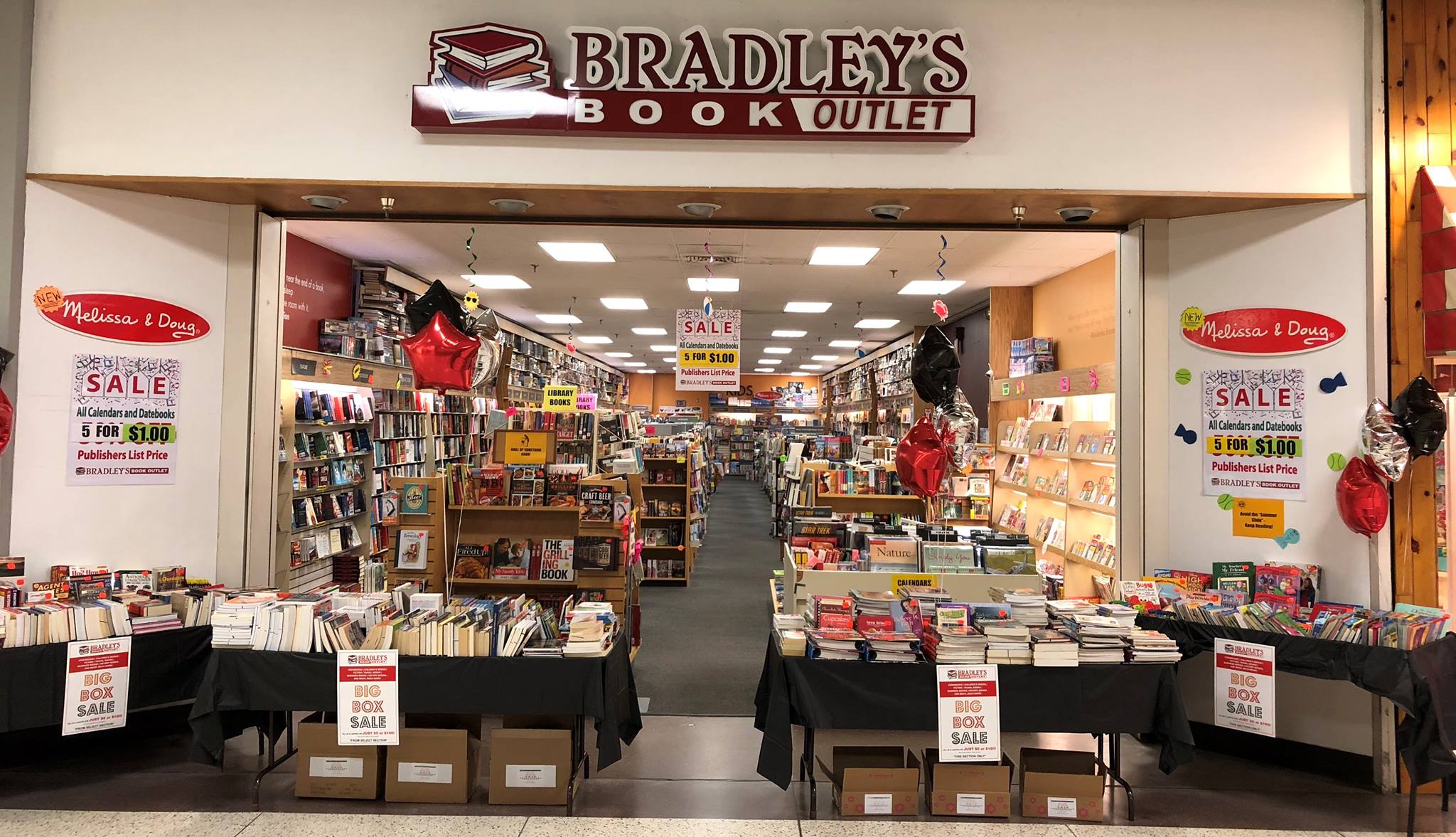
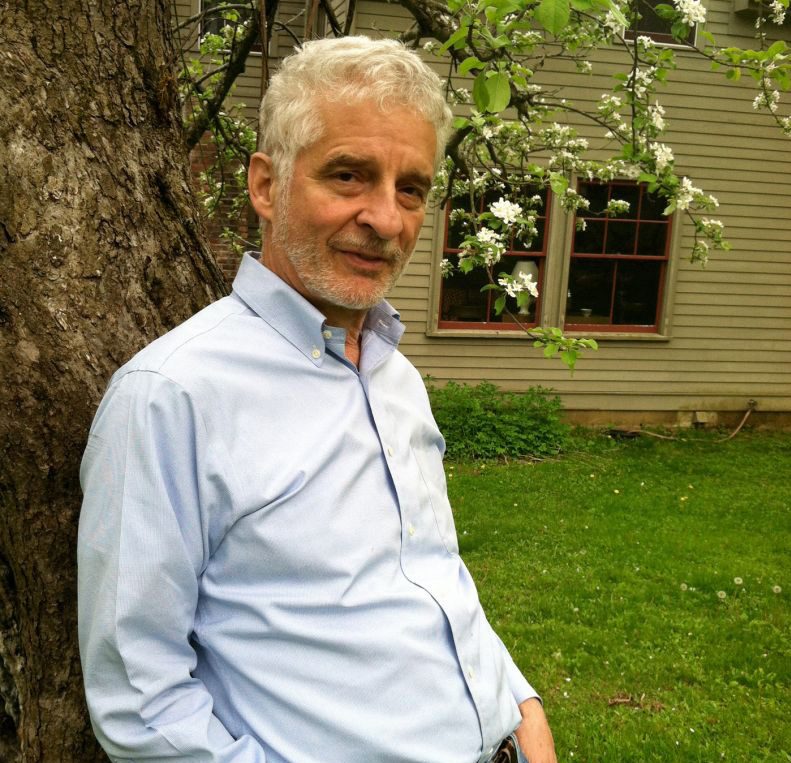
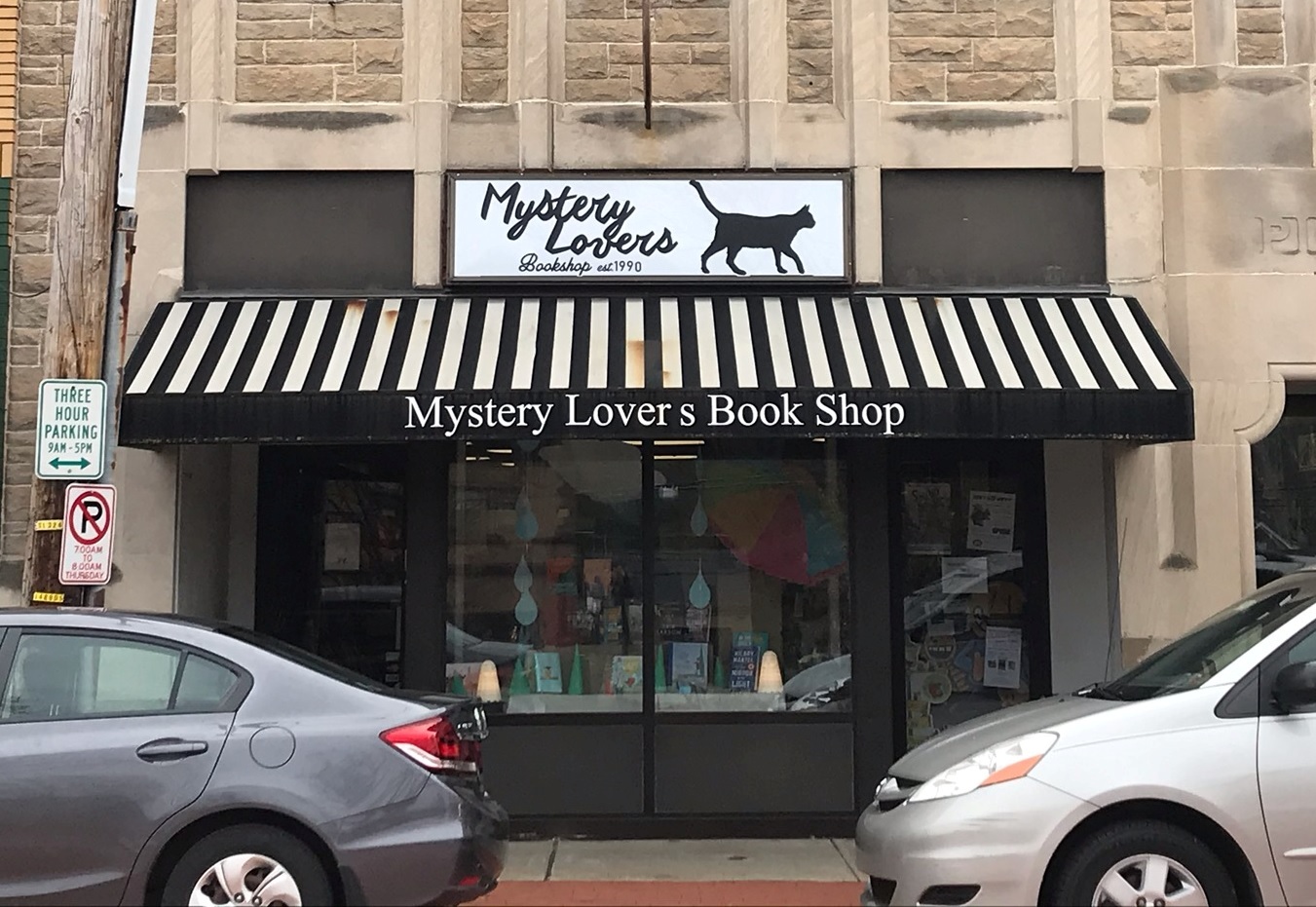 Congratulations to
Congratulations to 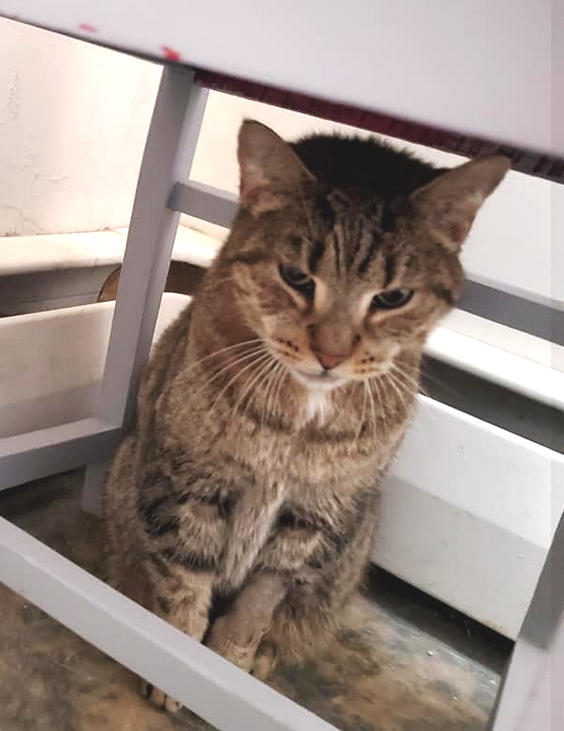 "We just started fostering a new cat, named Zoey,"
"We just started fostering a new cat, named Zoey," 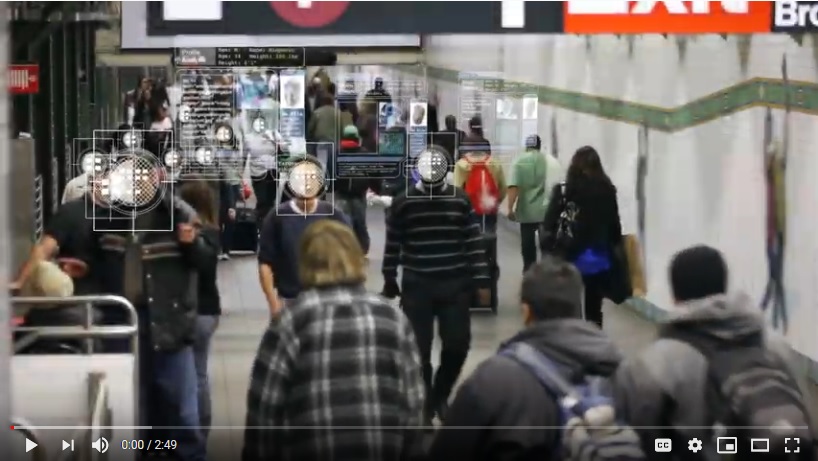 Unfiltered Marketing: 5 Rules to Win Back Trust, Credibility, and Customers in a Digitally Distracted World
Unfiltered Marketing: 5 Rules to Win Back Trust, Credibility, and Customers in a Digitally Distracted World
 Book you're an evangelist for:
Book you're an evangelist for: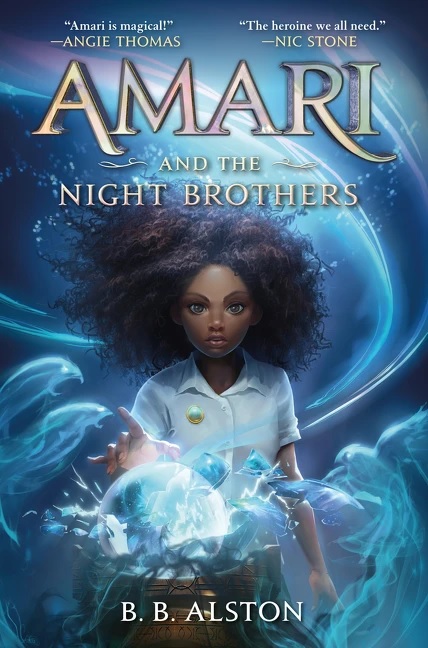 Supernatural creatures are hidden in plain sight in B.B. Alston's exhilarating middle-grade fantasy debut.
Supernatural creatures are hidden in plain sight in B.B. Alston's exhilarating middle-grade fantasy debut.